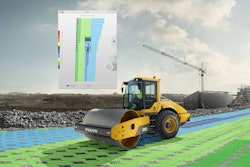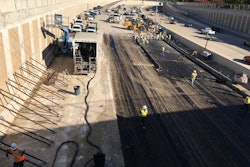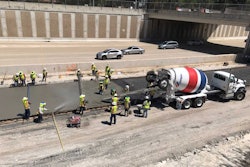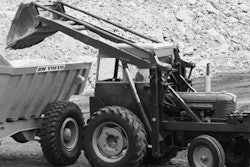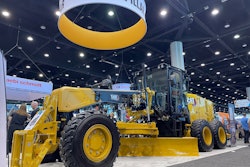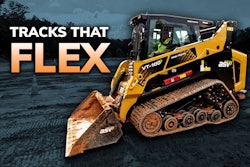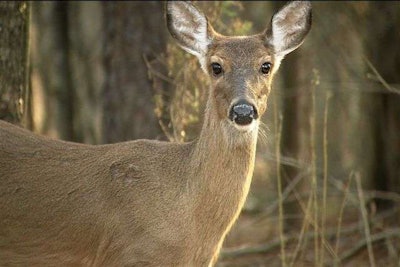 With fall hunting and mating seasons come more deer-vehicle crashes in North Carolina.
With fall hunting and mating seasons come more deer-vehicle crashes in North Carolina.The North Carolina Department of Transportation is warning drivers to be on the lookout for deer as the animals start to show near roadsides with the return of fall hunting and mating seasons.
In 2016, the state posted 17,902 animal-vehicle collisions, a slight drop from 2015, but still too high for NCDOT comfort. In three years, the state has recorded 14 human deaths and 51 serious injuries from the 54,000 total collisions between vehicles and animals during that period. Most of the collisions involved deer.
For the 14th year in a row, Wake County, which includes Raleigh, led the state in the number of animal-related crashes, with 730, the NCDOT says.
November usually sees the highest number of animal-related crashes, at nearly 22 percent of the annual total over the last three years, followed by October, December and January.
The most crashes came in the evening between 5 p.m. and midnight, at half of the overall total.
The NCDOT offers these tips for drivers:
- Slow down at posted deer crossings and heavily wooded areas, especially during the late afternoon and evening.
- Always wear your seat belt. Most people injured in deer-vehicle crashes were not wearing one.
- Drive with high beams on when possible and watch for eyes reflecting in the headlights.
- Do not assume that if you see one deer cross the road, there won’t be others following.
- Slow down and blow your horn with one long blast to frighten the deer away.
- Increase the distance between your vehicle and other cars, especially at night. If the car ahead of you hits a deer, you could also become involved in the crash.
- Do not swerve to avoid a collision with deer. This could cause you to lose control of your vehicle and flip it over, or you could veer into oncoming traffic or overcorrect and run off the road, causing a more serious crash.
- Do not rely on devices such as deer whistles or reflectors as these devices have not been proven to reduce deer-vehicle crashes.
- If your vehicle strikes a deer, do not touch the animal. A frightened and wounded deer can hurt you or further injure itself. The best thing to do is get your car off the road if possible and call 911.

